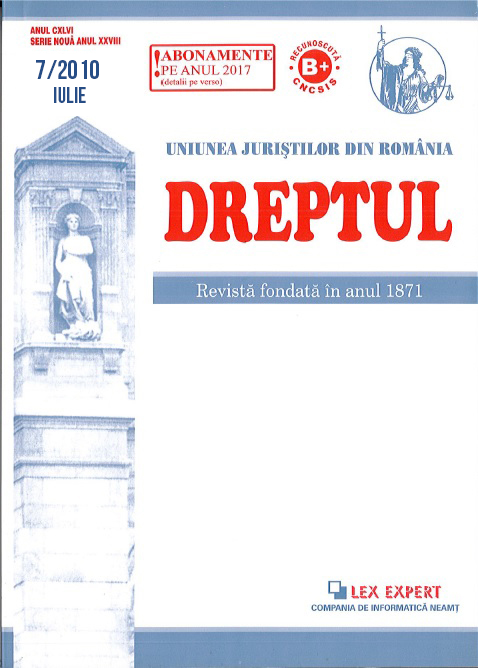In this study, the authors intend to examine the institution of international liability, dealing with the issue of the constitutive elements of international liability. In the general international law, liability is a relationship created exclusively between two or several international law subjects. The international liability of a state can only be raised by another international law subject whose international right was infringed. If a state suffers a direct damage (immediate), it can approach the liable state directly in order to obtain the repair. On the contrary, the damage suffered by an individual following the infringement of the international right shall not provide the victim with the right to obtain recovery of damages before the international courts. A state shall only be liable internationally if it is the author of an international tort. There is a tort of the state when: a) a behavior consisting of an action or omission can be assigned (attributed), in compliance with the international law, to the state; b) this behavior represents an infringement of an international obligation of the state. The international doctrine generally acknowledges that the occurrence of these two elements generates the international liability of the state.


